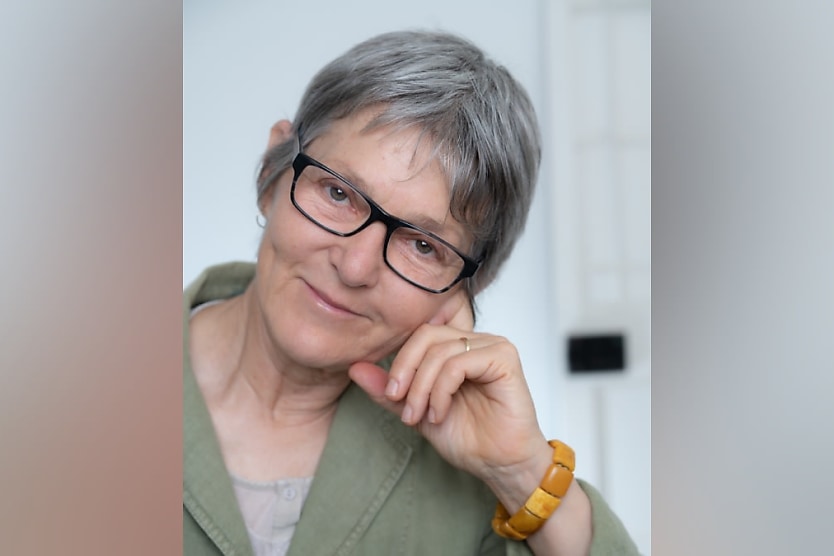Professor in industrial and organisational psychology on the gender disparity in paid work versus work in the home
SHARE THIS ARTICLE

HR Leader spoke with Lyndall Strazdins, professor at the National Centre for Epidemiology and Population Health at Australia National University (ANU), about how an evolving workforce and gender disparity is impacting women’s health.
One third of people say that a lack of time is the reason they don’t exercise. This coupled with a changing work-life balance has an impact on how much time we have to ourselves.
“Currently, one third of the Australian labour force puts in unpaid overtime, one-third of men in full-time jobs work more than 50 hours a week, and the average Australian full-time employee works nearly 42 hours per week,” explained Dr Strazdins.
The shift in family structure has been a key factor in our loss of time. Women make up nearly half of the labour force in Australia. Compared to the 60s, where they made up less than a third, families are seeing less spare time in their household as both parents hold full time jobs.
Increased work intensity is also being noticed which adds further issues.
“Work hours were suitable 100 years ago, it’s different now,” said Dr Strazdins.
According to studies, women are being impacted much more severely by this shift in work norms as they are the ones who are sacrificing free time to keep up with unpaid work. Dr Strazdins says that men on the other hand are “borrowing” this time from their partners.
This could have severe implications as health risks become an issue. According to Dr Strazdins, the gender gap in longevity is narrowing and, in some countries, projected life spans are either stalling or shortening because of the high rates of chronic diseases and obesity. The cost to the health care system and lost productivity is unaffordable.
“When men do more paid work, they do less unpaid work, it’s not the same for women. And women support men to succeed in the labour market because men earn more money due to gender discrimination. How time is spent is elastic for men, but not for women,” she said.
Dr Strazdins shared a presentation from one of her lectures at ANU, titled ‘Not all hours are equal’. She identified that time can work against women. In the presentation, she notes that time put into your workday is replacing education and merit, meaning that those who work the longest hours (not those with the best skills or qualifications) are increasingly receiving the most reward.
With women not being able to keep up with long hours or overtime like men can, due to more of the unpaid work at home falling on them, unfair advantages and discrimination in the workplace may arise. Overtime has become a key part of observing job performance, when in reality, achievements and hard work within normal working hours should be what matters.
Employers could be doing more to support their workers, ensure that they don’t work past contracted time, and to give them the necessary time off to keep up with unpaid work and stay healthy.
Australia may benefit by following France’s lead. In 2017, they passed a law that gave employees ‘the right to disconnect’, protecting workers by allowing them to shut down properly outside of work hours, claiming that constant work was a detriment to employee health.
“Employers need to see that work-life balance is not just a nice thing to have. It’s a must. Pull people’s work hours back and give them more time. A quarter of our labour market works past their work week,” said Dr Strazdins.
Iceland has made great progress in work equality by introducing The Icelandic Act on Maternity/Paternity and Parental Leave. This saw paternity leave increase from six to nine months and allowed for three months to be taken by the mother, three by the father, and the remaining three shared as the parents saw fit. This allowed both parents to have time to work and to raise their child, creating better equality at home and in the workplace.
Iceland is number one on the gender parity index. Australia, however, is ranked 43 out of 146 countries.
Jack Campbell
Jack is the editor at HR Leader.

